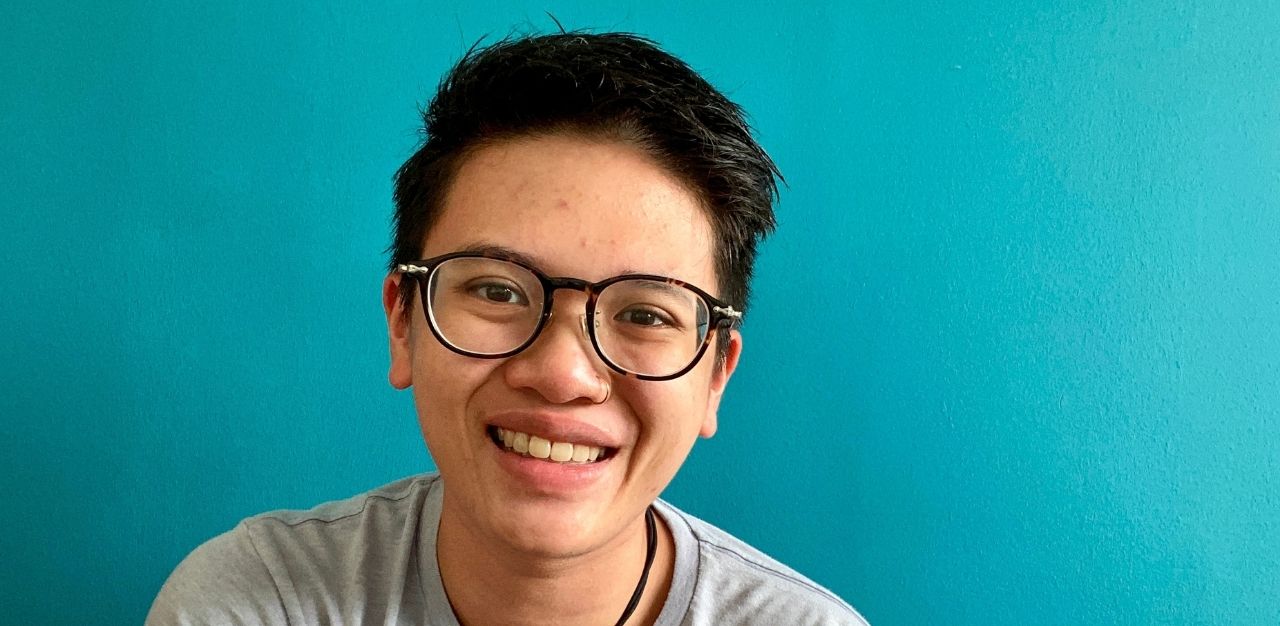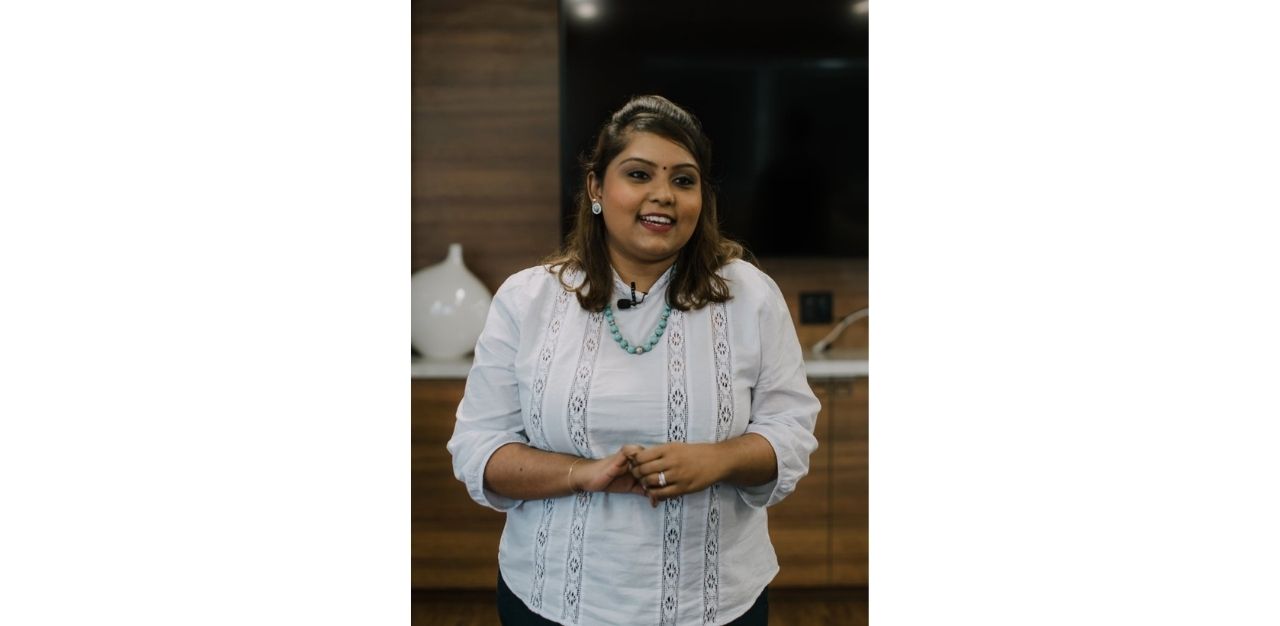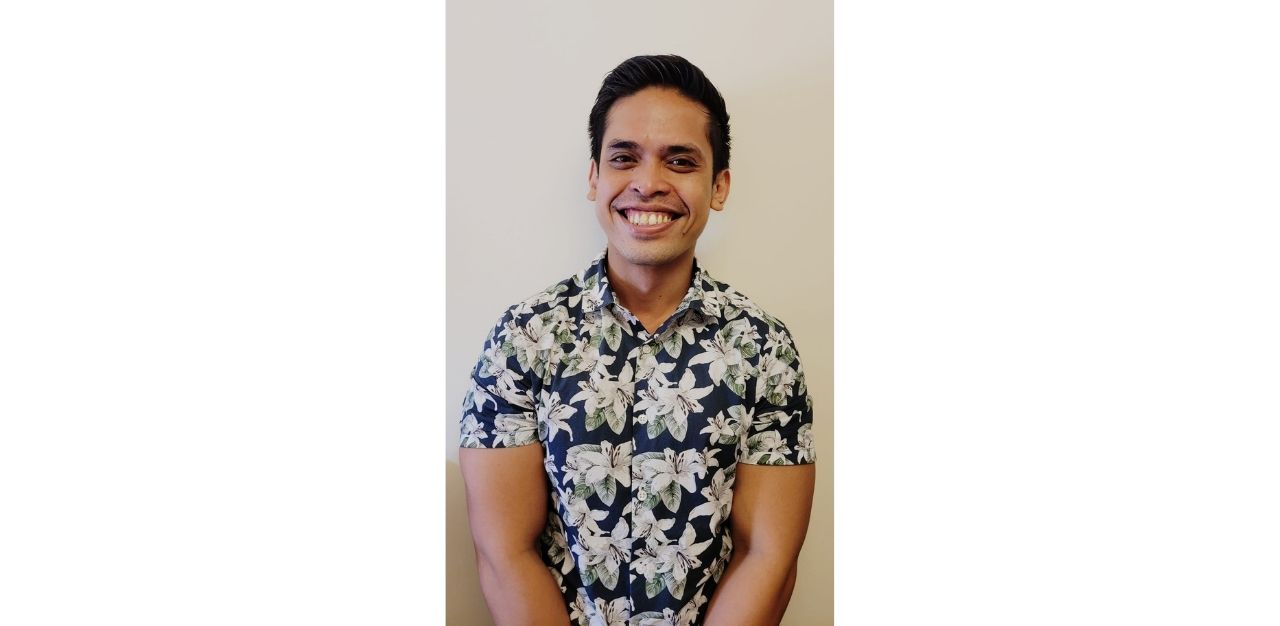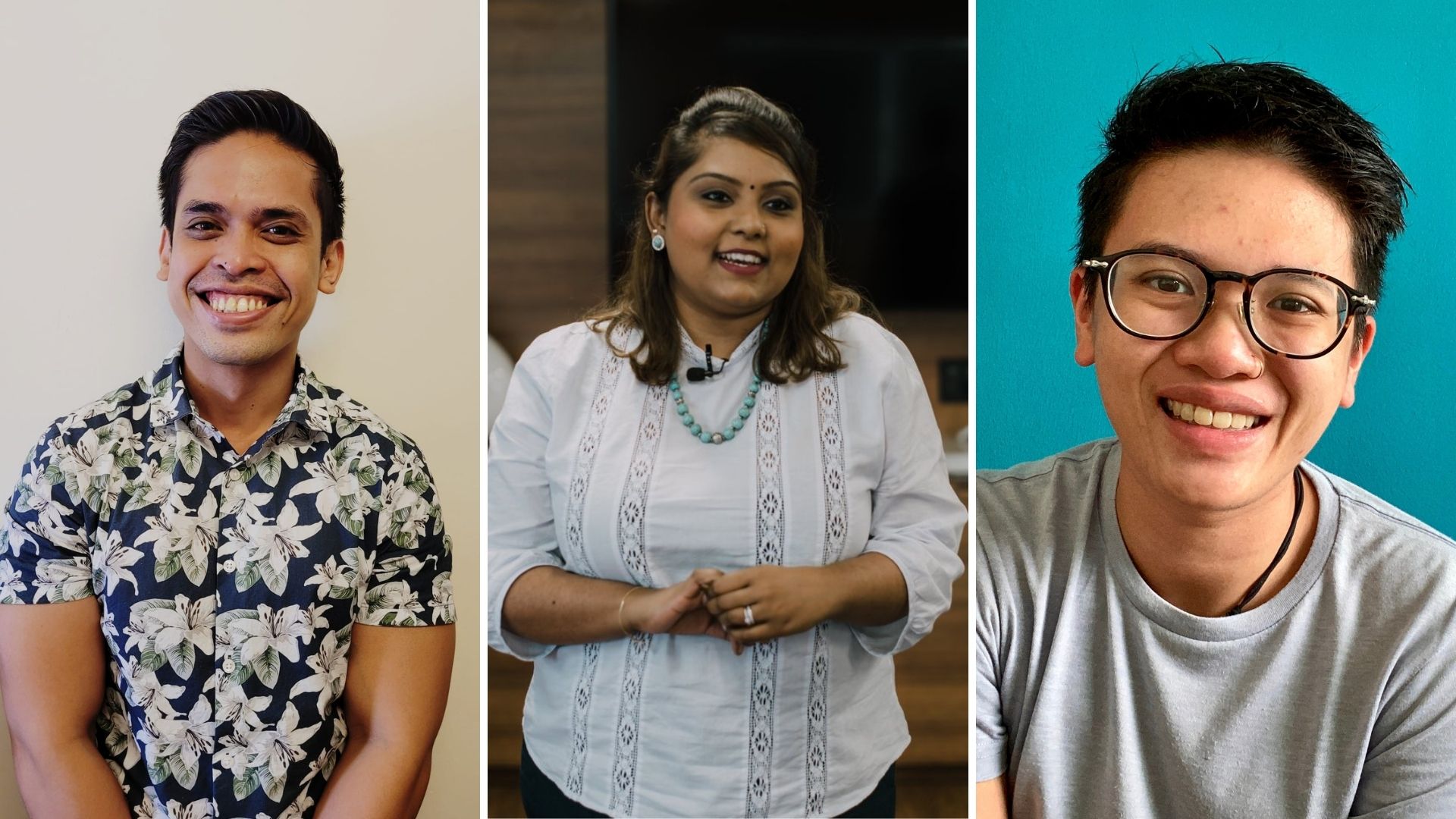At first glance, Alexander Teh, Shamini Nedumaran, and Hilmi Shukur have nothing in common with one another. But they do share a common experience: Living in Singapore as a minority. It is an experience oftentimes disheartening, according to the trio, who can all recall multiple instances where they fell victim to prejudice and discrimination.
“You don’t even look like a man, what makes you think I’ll ever recognise you for who you say you are?”
“What do you mean you like men, but you want to be a man? Just stay as a woman!”
As a young, gay, and transgender man, dealing with such comments were part and parcel of Mr Teh’s life.
“At some point, I developed this ability to just shake it off, then throw something sassy in the other person’s face,” he quips. But, he adds that these comments never get easier to deal with.
He says, “When you hear [things like that] from other people, the more you start to think that it’s true, so there’ll be times where I get very down because… there was no point in trying to convince people otherwise.”
It is a sentiment Mr Hilmi can relate to.
“Back in school, I was bullied a lot… I was called out for being soft,” Mr Hilmi recounts. Going to school in the early-2000s, before the LGBTQ+ movement gained momentum in Singapore, meant that he was not exposed to the “labels of the gay or queer community”.
“It was just me thinking there was something wrong with me,” he says. “That I wasn’t man enough. I was so out of the ordinary from all the other straight guys.”
He recalls a specific incident when his classmates questioned why he did not just wear a skirt, since he preferred to hang out with the girls in his class.
“Because of me recalling these stories, they [were] etched into my brain. It was quite a challenging year, [I was] bullied for being soft, not being straight enough, or not being ‘man’ or ‘boy enough’ to hang out with the guys.”
As an Indian woman in Singapore, Ms Shamini has likewise faced her share of discrimination: “There’s one particular experience that I remember, where I was sitting at the MRT, and this young kid…pointed [at me] and she said, ‘Ah Pu Neh Neh (a racial slur for Indians)’.”
“It happened more than a few years ago, but it stung at that time, because it’s not something you would expect,” she relates.
Her professional life is not spared from the burden of being a minority. Ms Shamini shares that in her job hunting experiences, many companies indicate a preference for candidates who can speak in Mandarin. She recounts instances where potential employers have expressed that while she was suitable for the role, they were unable to hire her as she did not speak Mandarin.
“It is very disappointing to know that we have to speak a certain language in order to fit into society,” she states. “We have progressed so far as a nation and are considered a first-world country, and yet certain experiences make us realise that we are actually quite backwards.”
Even so, there is one day of the year when the three individuals feel they can fly their country’s flag high and proud, and feel belonging to the nation they call home – National Day.
Regardless of race, language, or religion
Says Mr Teh, “[National Day is] about celebrating how far we’ve come… As a small nation, we’ve been through so much. Being independent and thriving in spite of that is grounds to celebrate, and to look back on everything that the country has been built on. It’s also a chance for us to remember that we are different, but also the same. We all live here, we’ve had shared experiences.”

“We can look back on things like primary school, public transport, general elections and have, for lack of better word, a good bitch about it,” he elaborates. “Every year, even though there’s a whole expenditure [for the National Day Parade], I also remember that I’m very glad to have these pleasant memories, and this is all because of what our foreparents did for us in the past.”
“Despite our varied experiences living in Singapore, I think National Day brings us together and solidifies the uniqueness that all of us share. We become one big collective as Singaporeans,” opines Ms Shamini.
This, she believes, is the one day where the people of Singapore truly transcend racial lines: “It enhances the fact that we are all Singaporeans. We sit together wherever it is, at Padang or the floating platform, to say the pledge, and sing the national anthem. It serves as a kind of a reminder, and I hope it bleeds into other days as well.”
“It’s similar to Valentine’s Day,” she adds. “They say don’t just take this day to thank your partner, your family members and your loved ones; every day should be celebrated as a Valentine’s Day.”
Mr Hilmi chimes in, spotlighting the line in Singapore’s National Pledge which says ‘Regardless of race, language, or religion’. He says, “Like what [Ms] Shamini said, it’s not just one day that we have to be better. It has to apply every day, because you’re a Singaporean.”

Building a society based on equality
Beyond 9 August, Ms Shamini also recognises the progress Singapore has made over the years when it comes to inclusivity. In particular, she points out how more programmes and organisations have popped up in these recent couple of decades that cater to minority populations like the LGBTQ+ community.
“It may be really small steps, but small or big steps, we still walk forward,” she says.
Meanwhile, Mr Teh and Mr Hilmi believe that the nation is on the cusp of change. Mr Teh is heartened by how outspoken the youths from Generation Z are (those born in the mid- to late-1990s to early-2010s) as compared to the older generations: “They’re so outspoken, and they take action. They’re not as tired and jaded like us [millennials]. It’s good to have that influx of fresh energy coming in. As we, in time, hand over leadership and advocacy roles to them, they’re going to change the game a lot.”
Likewise, Mr Hilmi says, “People are starting to take action, and the change is so fast, especially when you’re living in social media times.”
Muses Mr Teh, “I remain disgustingly optimistic of what life can be in Singapore… I do believe that its people can open their minds and hearts to learning and embracing everyone, regardless of their gender identity, sexual orientation, race, or ethnicity.”
Ms Shamini agrees readily: “We can’t say all the apples in the basket are bad because of a few rotten apples… I am very grateful to identify as a Singaporean, I’m also very grateful to identify as a Singaporean Indian, and [to be] living in Singapore.”
But, she clarifies that this does not mean discounting her brushes with prejudice and discrimination in this country: “I’m not going to minimize the experiences. I’m going to own and acknowledge that it has happened, and that it will happen as long as we have that kind of systemic racism happening in Singapore.”
Alex concurs: “While Singapore is not the best we can be, we’re still better off [than several other countries]. We are safe. The government, even though it f**** up now and then, are still looking out for the citizens for the most part, and they’re doing their best in these horrid times.”
“It’s a true testament of how put together we are as a country,” he acknowledges.
“One thing I am super grateful for is that our country is not just specific to one race, but to all. It’s like our Asian kind of America – the land of opportunities where people come from all countries [to get] work,” says Mr Hilmi.
“At least we get to see how people celebrate their Hari Raya, Thaipusam, Chinese New Year, and Christmas,” he says.
Nevertheless, Mr Teh raises concerns about the different treatments experienced by the minorities of this nation, specifically regarding the lack of recognition and affirmation of LGBTQ+ individuals.
“It’s a bit of a contradictory feeling, partly because I’m grateful, but I also want things to be better. And I know we can do better for sure,” he asserts.
Achieving progress for our nation
“There’s always room for change,” says Mr Teh. “I want to see everyone listen to and work with each other, and not assume what they perceive minority issues to be… There needs to be less speaking for the person, more listening to them, more amplifying.”
Ms Shamini echoes these sentiments: “What we need is more conversations, more safe space for racial minorities and the LGBTQ community.”
Meanwhile, Mr Hilmi calls for policy changes across the board, including the repeal of Penal Code 377A, and a reformation in Singapore’s education system to address issues relating to LGBTQ+ issues.
“[There is a need to] eliminate these stereotypes that are shown on mainstream media that give a bad light about us [the LGBTQ community]. That shouldn’t be the way to have this conversation,” he opines.
He adds, “It’s also not just about the LGBTQ community, it’s also about erasing racial stereotypes like [Shamini’s experience on the MRT], or of Malays being lazy and not studying hard. All these need to be erased, and it always starts from the younger minds, [and] from the parents.

“I have nephews, and I don’t want [them] to be living in a world where they think having LGBTQ+ friends or [relatives] is a bad thing,” he says.
Ms Shamini concludes, “I think my ideal Singapore would be a place where everyone can call Singapore home, regardless of how you identify. A place where people can feel safe, and people can say that Singapore is my home.”
Join the conversations on TheHomeGround Asia’s Facebook and Instagram, and get the latest updates via Telegram.




























